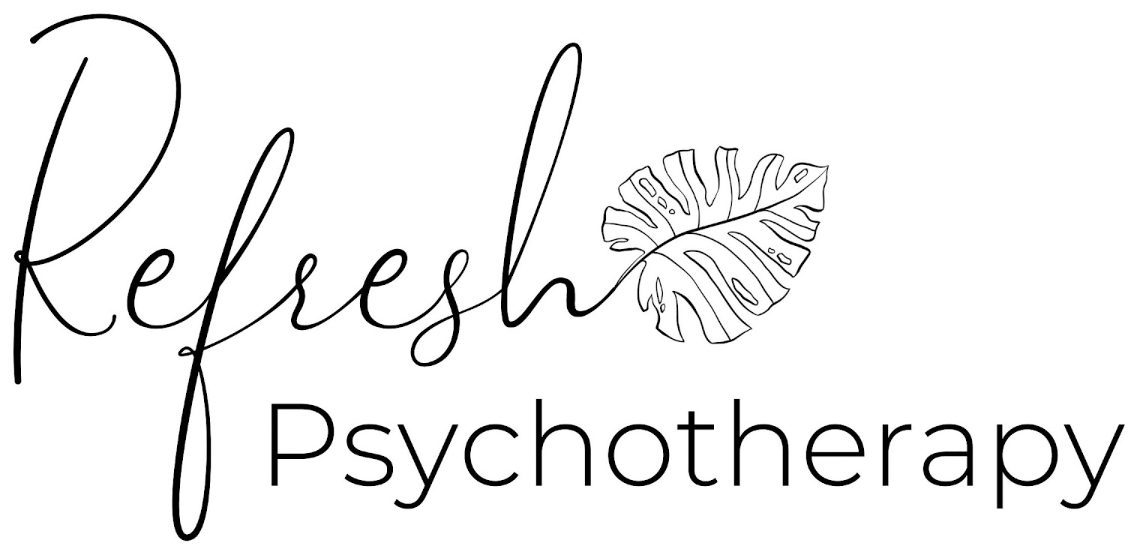
Productivity Culture Is Killing Our Mental Health—Here’s What to Do Instead
We live in a world that praises being busy, rewards burnout, and treats rest like a privilege instead of a necessity. The pressure to be constantly productive isn’t just a workplace issue—it’s become a deeply internalized belief system. And it’s quietly harming our mental health.
Productivity culture teaches us that our value lies in what we produce. That rest must be earned. That slowing down is the same as falling behind. But chasing constant output comes at a steep cost: anxiety, disconnection, burnout, and a fragile sense of self-worth that’s entirely performance-based.
The Hidden Cost of Constant Output
For many people, the pressure to keep producing feels personal. It’s not just about work—it’s about being “on” all the time. Answering emails late at night, turning hobbies into side hustles, filling every open hour with tasks. Productivity becomes a coping mechanism for discomfort, uncertainty, or feelings of inadequacy.
But here’s the truth: always doing more doesn’t mean you’re doing well. And constantly pushing yourself doesn’t mean you’re emotionally okay. Over time, living this way leads to:
- Difficulty relaxing without guilt
- Feeling behind, even when you’re ahead
- Chronic exhaustion and irritability
- Disconnection from joy, creativity, or purpose
Why We Buy Into It
Productivity culture is seductive. It promises control, certainty, and a sense of accomplishment. It gives us something to point to and say, “See? I’m doing enough.” For people who struggle with self-worth, it can feel like proof that you’re good, valuable, or safe.
And in some environments, being overextended is celebrated. Hustle is glorified. Boundaries are labeled as laziness. Eventually, internal restlessness becomes a lifestyle.
You Don’t Have to Burn Out to Be Valued
Your worth is not tied to how many tasks you complete, how fast you reply, or how much you squeeze into a day. It can feel radical to stop measuring success in output—but that’s where mental health begins to improve.
When you stop equating busyness with value, you make room for:
- Rest that isn’t guilt-ridden
- Presence instead of pressure
- Boundaries that protect your energy
- A deeper connection to what actually matters
What to Do Instead
You don’t have to quit your job or abandon your goals. But you can begin to shift your relationship with productivity.
Try this:
- Start noticing when you’re doing something out of fear vs. purpose
- Schedule rest like it’s non-negotiable
- Take breaks before you’re at capacity, not after
- Define success by how aligned you feel, not how exhausted you are
And if that feels hard, it’s not because you’re failing—it’s because you’ve been taught to ignore your limits. Unlearning that is the real work.
Mental Health Isn’t a Productivity Hack
You don’t need to optimize your way out of burnout. You need space to slow down, reconnect with your needs, and stop measuring your value by your output. Therapy can help you unlearn productivity-based self-worth and build a more sustainable, intentional life.
Ready to work with a therapist who understands what it means to feel driven, overwhelmed, and tired of it all?
Written by: Refresh Interns
